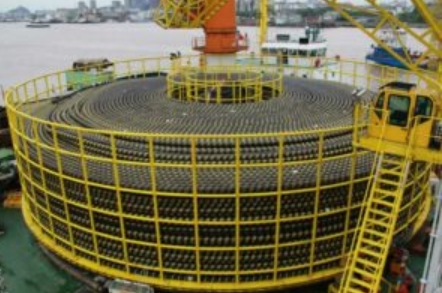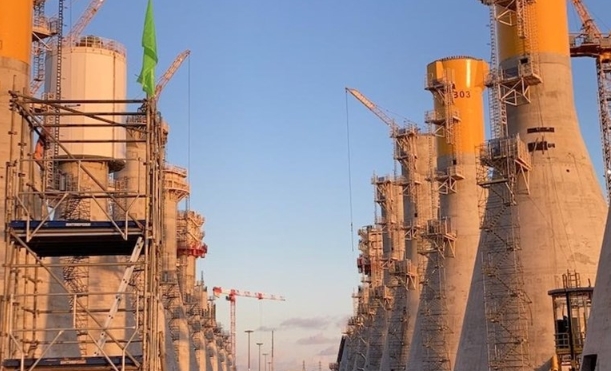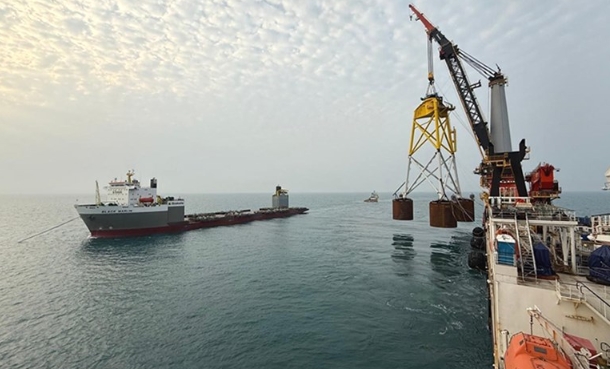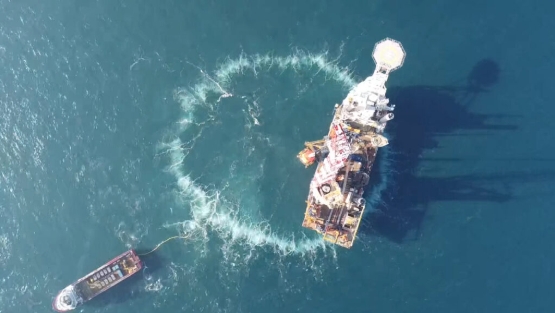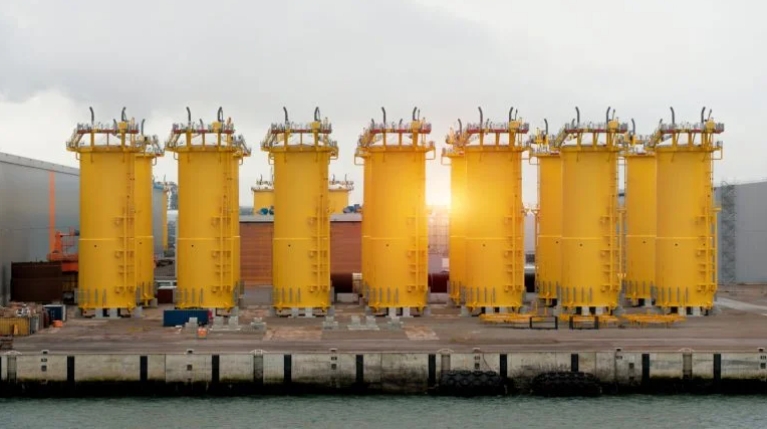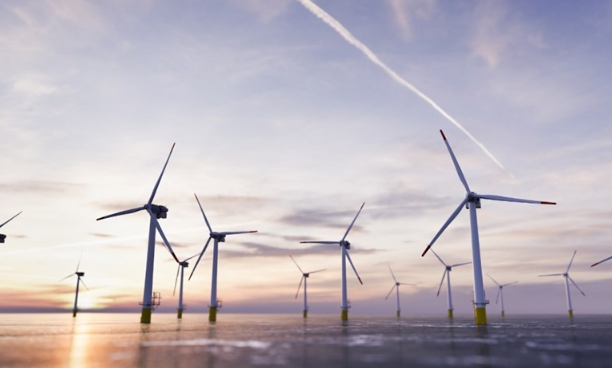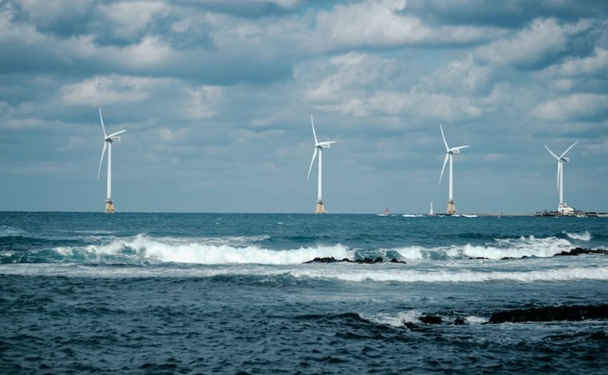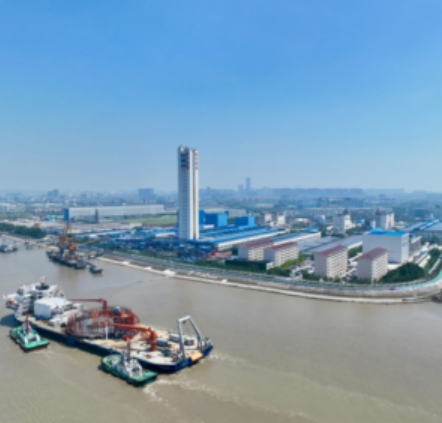The world’s first-ever long-range wireless power transmission project will be showcased at the Digital Energy Festival on 21 October.
 The world’s first ever long-range wireless power transmission project will be showcased at the Digital Energy Festival on 21 October.
The world’s first ever long-range wireless power transmission project will be showcased at the Digital Energy Festival on 21 October.
The Africa Energy Forum will host a special presentation by Emrod CEO and founder Greg Kushnir, demonstrating the wireless transmission project, currently operating in New Zealand.
Emrod has developed the world’s first commercially viable long-range, high-power, wireless power transmission as an alternative to existing copper line technology.
Emrod’s technology works by utilising electromagnetic waves to safely and efficiently transmit energy wirelessly over vast distances.
“Being able to transmit high-power electricity without any cables is game-changing for the continent. It means barriers to energy-access are smashed and Africa could be fully electrified within ten years. This is the technology millions of people have been waiting for.” Simon Gosling, EnergyNet’s managing director.
The company was founded by serial tech entrepreneur Kushnir, who was determined to find a technology that can reduce power distribution costs, avoid outages and support renewable energy.
“We have an abundance of clean hydro, solar, and wind energy available around the world but there are costly challenges that come with delivering that energy using traditional methods, for example, offshore wind farms or the Cook Strait here in New Zealand requiring underwater cables which are expensive to install and maintain,” said Kushnir.
“I wanted to come up with a solution to move all that clean energy around from where it’s abundant to where it’s needed in a cost-effective, eco-friendly way.
“Energy generation and storage methods have progressed tremendously over the last century but energy transmission has remained virtually unchanged since Edison, Siemens, and Westinghouse first introduced electric networks based on copper wires 150 years ago.”
By significantly reducing infrastructure costs, Emrod says the wireless power transmission has the capacity to support remote communities such as in Africa and the Pacific Islands by providing access to cheap, sustainable energy to power schools, hospitals and economies.
“The data is compelling. We are talking about a potential 50% increase in sustainable energy uptake, up to 85% reduction in outages and up to 65% reduction in electricity infrastructure costs due to the Emrod solution,” said Kushnir.
He further stated that since announcing the technology, there has been a high level of interest from energy distribution and engineering companies across the globe. “We are progressing with some exciting opportunities to improve energy access for remote communities in areas such as India, Africa and Island nations”, added Kushnir.
The company has achieved strong interest from electricity distributors with Powerco, New Zealand’s second-largest distributor deciding to invest in a proof of concept of the technology currently operational.
“The system we are currently building for Powerco will transmit a few kilowatts but we can use the exact same technology to transmit 100 times more power over much longer distances. Wireless systems using Emrod technology can transmit any amount of power current wired solutions transmit,” Kushnir concluded.
